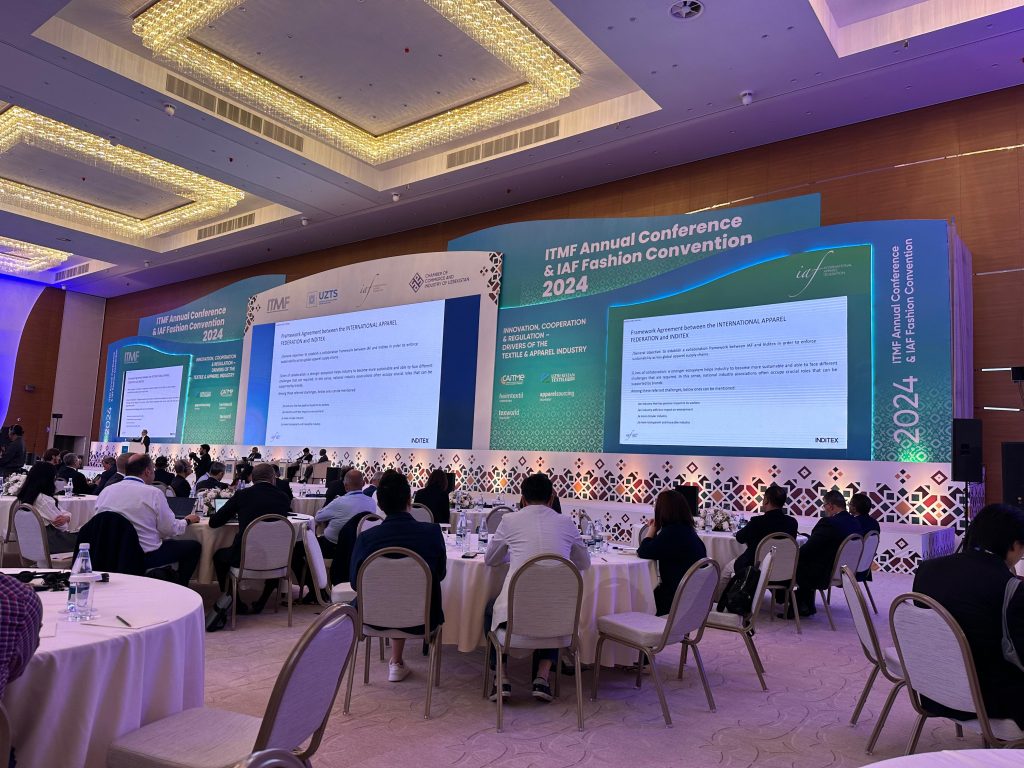Keeping an eye on the future of the market, Brazil participates in the ITMF & IAF Congress
Calendar and Events |
The annual congress of the International Textile Manufacturers Federation (ITMF) and the International Apparel Federation (IAF), highly anticipated by the global textile industry, forecasts several emerging sector trends. Brazilian cotton producers and exporters took advantage of this year’s edition, which took place in Samarkand, Uzbekistan, this week, to strengthen the competitiveness of Brazilian cotton on the global stage.
This year’s congress theme was “Innovation, Cooperation, and Regulation – Drivers of the Textile and Apparel Industry.” A significant part of the program was a large panel showcasing the innovations being developed by the industry around the globe. The focus was on textile products capable of meeting the demands of both consumers and manufacturers, such as yarns and fabrics.
“Participants from more than 35 countries engaged with nearly 40 experts to better understand the industry’s dynamics. Besides addressing the current situation of the raw materials we use and their future development, we discussed regulation, innovation, digitalization, collaboration, and artificial intelligence, all of which are and will be relevant for the global textile and apparel supply chain in the coming years,” explained Christian Schindler, Director General of ITMF.
Among the innovations, the focus was on fibers – ranging from artificial to recycled– aimed at a public increasingly concerned with sustainability. The next-generation fibers, featuring even more advanced technologies that include cotton in their composition, were seen as a great future opportunity for Brazil.
“We came to deliver an important message: Brazilian cotton is well-positioned to meet the most sophisticated demands of the global textile industry. We produce in volume and quality, with diverse fibers and a cotton crop grown with socio-environmental responsibility,” said Alexandre Schenkel, president of the Brazilian Cotton Growers Association (Abrapa).
Number one
In the 2023/24 marketing year, Brazil became the world’s largest cotton exporter, surpassing the United States. This title will likely be retained in the current cycle (2024/25), reinforcing Brazil’s position as a valuable player in the global textile industry.
One reason for this is the continuous supply of high-quality cotton on a large scale. In 2024, this South American country is forecasted to increase its production by 13%, reaching 3.67 million tons. Exports are projected to reach 2.86 million tons – 6.7% above the volume in 2023/24.
“We have the production and logistics to ensure a steady supply for all 12 months of the year, and the capacity to expand as demand grows. And we achieve this because we cultivate cotton in a responsible and efficient way, which also allows us to offer competitive prices,” Schenkel explained.
In the last harvest, more than 80% of Brazilian cotton production received socio-environmental certification. The country is the world’s largest supplier of Better Cotton (37% of the total), and quality indicators show improvement year after year.
The use of cotton as one of the materials in synthetic fiber blends is an opportunity, says Celestino Zanella, vice president of Abrapa. “It’s another market option for us, and we are ready to meet this demand,” said the producer.
Focused on expanding their market, the Brazilians gave positive feedback on the innovations panel at the ITMF & IAF annual congress. “Knowing the trends of other fibers is fundamental for us to map out our future plans, always with the goal of increasing our market share. In addition, we saw very useful circularization and recycling techniques,” said Miguel Fauss, president of the National Association of Cotton Exporters (Anea).
About Cotton Brazil
Together with the Brazilian Trade and Investment Promotion Agency (ApexBrasil), Anea partners with Abrapa in Cotton Brazil, an initiative that represents Brazilian cotton on a global scale. The program was created in 2020 and has a representative office in Singapore, focusing on ten priority countries, with an emphasis on the Asian market.

